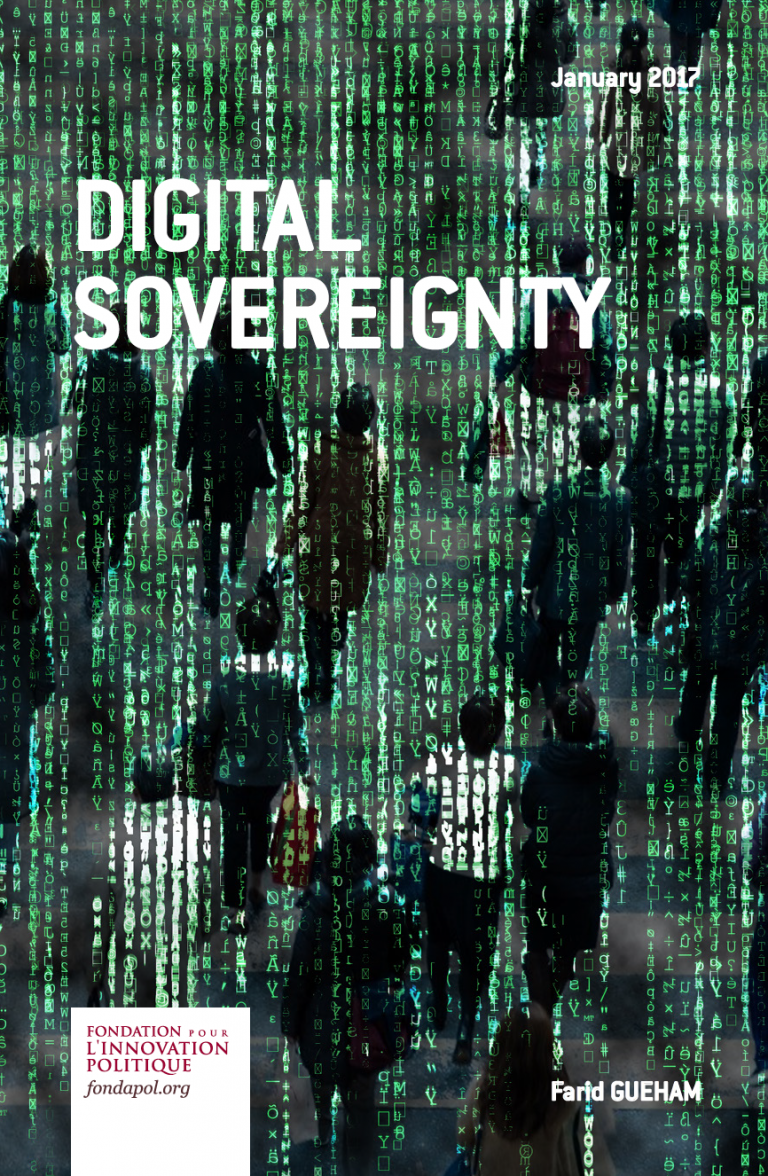
Digital Sovereignty in the Cyber Era
In the rapidly evolving digital landscape, the concept of digital sovereignty has emerged as a crucial aspect of national and international governance. Digital sovereignty refers to a nation’s ability to exert control over its digital infrastructure, data, and online presence, ensuring that decisions regarding the use, ownership, and governance of these resources are made in the best interests of its citizens.
Importance of Digital Sovereignty
Digital sovereignty holds significant importance for several reasons:
- Protection of National Security: Digital infrastructure and data are critical elements of national security. By exercising control over these assets, nations can protect sensitive information, prevent cyberattacks, and maintain the stability of their online systems.
- Economic Development: Digital technologies play a vital role in economic growth and innovation. Digital sovereignty allows nations to foster a conducive environment for these technologies by regulating data sharing, protecting intellectual property, and promoting digital entrepreneurship.
- Citizen Privacy and Rights: Citizens have a fundamental right to privacy and control over their personal data. Digital sovereignty empowers governments to implement data protection laws, regulate data collection, and ensure that citizens retain ownership and control of their digital identities.
- International Cooperation: Digital sovereignty is not about isolation but rather about responsible collaboration. By working together, nations can establish international norms and agreements that promote the responsible use of digital technologies, foster innovation, and mitigate potential threats.
Challenges to Digital Sovereignty
Establishing and maintaining digital sovereignty presents various challenges:
- Rapidly Evolving Technology: The digital landscape is constantly changing, making it difficult for governments to keep pace with technological advancements and ensure effective regulation.
- Globalized Digital Infrastructure: Much of the digital infrastructure operates across national borders, making it challenging to assert sovereignty over data and online activities.
- Influence of Tech Giants: Global tech companies possess significant power and influence over the digital ecosystem. Ensuring fair competition and preventing monopolies are essential for maintaining digital sovereignty.
- National Security Threats: Cyberattacks and data breaches can undermine national security and erode citizens’ trust in digital technologies. Governments must invest in cybersecurity measures and establish robust response mechanisms.
Pathways to Digital Sovereignty
Achieving digital sovereignty requires a multifaceted approach that involves:
- Policy Development: Governments must develop comprehensive policies and frameworks that define the scope and implementation of digital sovereignty.
- Investment in Technology: Governments should invest in building and maintaining robust digital infrastructure, developing cybersecurity capabilities, and promoting indigenous technological innovation.
- International Collaboration: Nations should engage in international cooperation to establish common standards, share best practices, and address global challenges.
- Citizen Empowerment: Citizens should be educated about digital rights, data protection, and the importance of digital literacy.
- Multi-Stakeholder Engagement: Governments, businesses, civil society organizations, and individuals should work together to ensure the responsible use and regulation of digital technologies.
Conclusion
Digital sovereignty is a critical pillar of national and international governance in the cyber era. By asserting control over digital infrastructure, data, and online presence, nations can protect their security, promote economic development, safeguard citizen rights, and foster international cooperation. While achieving digital sovereignty presents challenges, it is essential to establish a framework that balances the need for control with the benefits of innovation and collaboration. By working together, nations can harness the transformative power of digital technologies while ensuring that they are used in a responsible and equitable manner that respects the sovereignty of each state and the rights of its citizens.



